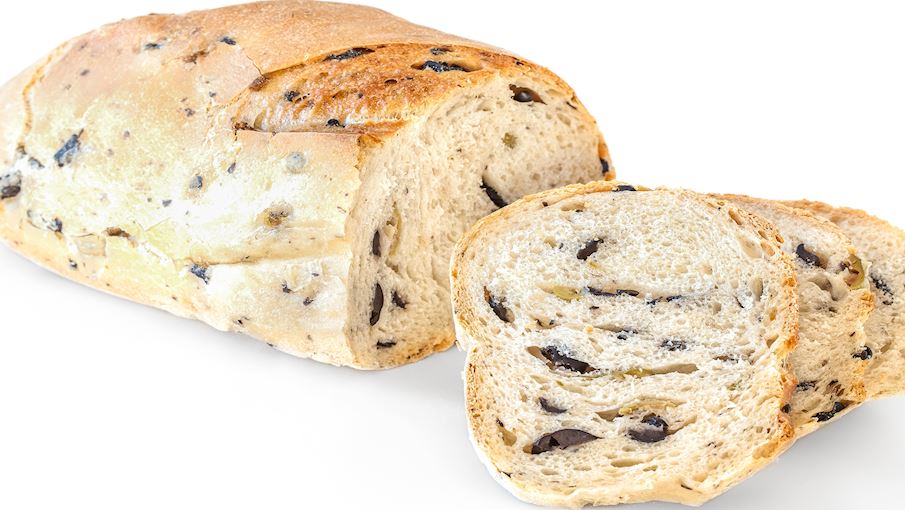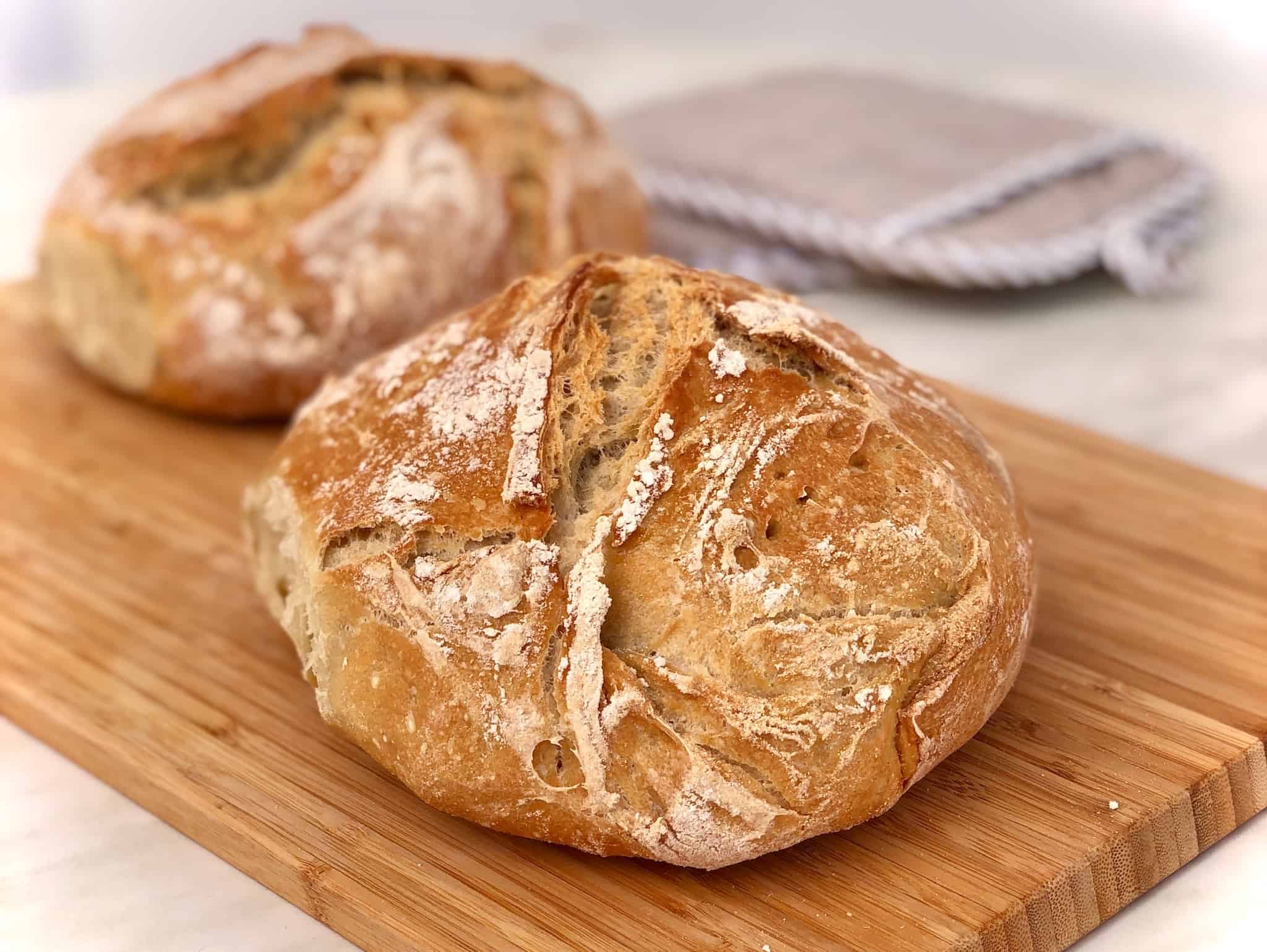By Victoria Loutas
Bread is deeply embedded in almost every Greek meal, often used to soak up the oils and rich flavours of a Greek dish. Whether it’s tsoureki, koulouria or lagana, there is a type of bread for almost every occasion in Greece.
Bread has been an essential component of Greek culture and lifestyle from ancient times.
Ancient Greek grammarist Athenaeus names a long list of different types of breads in The Deiphnosophistae, known as the oldest surviving cookbook, that underlines the importance of bread in ancient Greek life. By 400 B.C, ancient Greeks had come up with 72 different types of bread created for special occasions.

Ancient Greek author, Lynceus of Samos once said in a letter that “The Athenians talk a great deal about their bread, which can be got in the market, but the Rhodians put loaves on the table which are not inferior to all of them”.
Thousands of years later and bread is still ingrained in Greek psyche. The famine that lasted from 1941 to 1944 in Greece due to the Nazi Occupation also marked a turning point for the popularity of bread in Greece. At this time, bread was the only accessible food source and thus became a means of staying alive. The impact of this had a long lasting effect on Greek culture and birthed some of famous Greek bread sayings, in particular the anti-Junta slogan of 1971, “psomi, pedia, eleftheria” (bread, education, freedom).
Today, bread in Greece serves as a link to the past and symbolises generosity and gestures. This World Bread Day, make your favourite loaf of Greek bread and share amongst your loved ones.
